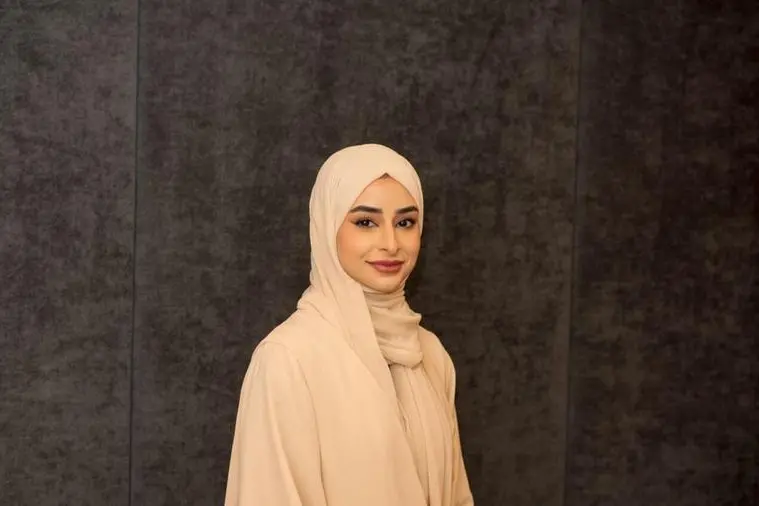PHOTO
Baytuki, which means “Your Home” in Arabic, was in the making for two years before its launch last August. The brainchild of Latifa Bin Haider, the crowdfunding platform has received hundreds of applications since, each one vetted with due diligence.
Regulated by the Dubai Financial Services Authority (DFSA) and licensed under the Dubai International Financial Centre (DIFC), Baytuki is enabling Emirati women to micro invest in real estate with as little as AED 5,000, reducing the barrier to entry. A short TikTok explainer video by the founder received 10,000 views and hundreds of shares within a few hours. Suffice to say, interest in the venture is high.
“What’s extremely heartening is that we’ve received interest from grandmothers as much as from granddaughters,” Bin Haider told Zawya. This, she added, was exactly what she had set out to achieve—assisting Emirati women irrespective of age or income.
The Best of Both Worlds
The Baytuki model stands at the intersection of traditional and modern principles of investing, taking inspiration from the traditional concept of the “Jam'iyah” system, where a group of people pool money for a certain period and one of them takes the pot home at the end of every month. The modern version derives from the principle of fractional property ownership, where the cost of a property is split among a group of owners.
“That’s why, even if the platform is new, the Baytuki model isn’t difficult to understand,” Bin Haider said. “For generations, Emirati women have relied on the trust-based, non-contractual ‘Jam'iyah’ system to build financial stability for their families using the money to fund weddings [and] children’s education, and even to buy property.”
How It Works
In Baytuki, the shareholder owns a percentage of the property based on the number of shares purchased through shareholding in a special-purpose vehicle.
Once a user receives access to a verified account on Baytuki.ae, they can browse property listings along with pre-vetted information from experts such as market and area reports, independent evaluation, and expected deals. The user can specify a budget, based on which shares will be issued after transfer of funds to the regulated custodian’s bank account.
When the property is fully funded, Baytuki covers the end-to-end property purchase and management process. Properties are held for anywhere between three and five years. At the end of the holding period, Baytuki will facilitate sale of the property and distribute the capital among investors based on percentage of ownership.
“We charge a 1.5% fee to facilitate purchase of the property through initial investment,” Bin Haider explained, “followed by 5% from rental income to manage the property during the holding period, and 2.5% during the sale of the property.”
Tapping an “Overlooked” Segment
An Emirati herself, Bin Haider’s research and personal experience told her that Emirati women are “savings conscious” but not necessarily “investment savvy” beyond their propensity to invest in gold to build generational wealth. However, they are also “long-term” and “repeat” investors who understand the compounding power of reinvesting to get returns.
“Yet, as a cohort, Emirati women have been overlooked as investors,” she said, “perhaps because while men tend to buy and sell at a higher frequency, women tend to hold. There is a massive untapped potential to harness the power of Emirati women investors. So, for the time being, I’d like Baytuki to focus on this investor cohort.”
There are plans to make Baytuki available to other women too in the future. While the UAE’s real-estate market is booming, it’s also volatile in nature.
According to Knight Frank’s global index, Dubai's prime real-estate prices surged 70.3% over the 12 months through September. That outstrips a 2.5% rise for London on the index, 8.9% in Paris and 7.3% in New York, where deals have been slowed down by rising interest rates and energy-related economic woes.
Moreover, at a time when there is access to different kinds of investments such as art, cryptocurrency and other financial instruments, are women, especially the youth among them, interested in investing in real estate?
“The UAE property market is a magnet for investment despite volatility,” Bin Haider said. “While it’s important to create a diversified investment portfolio, for many, including the youth, real estate is still a safe investment option, but not the most affordable. And that’s a gap Baytuki is filling.”
(Reporting by Rupkatha Bhowmick; editing by Seban Scaria)





















